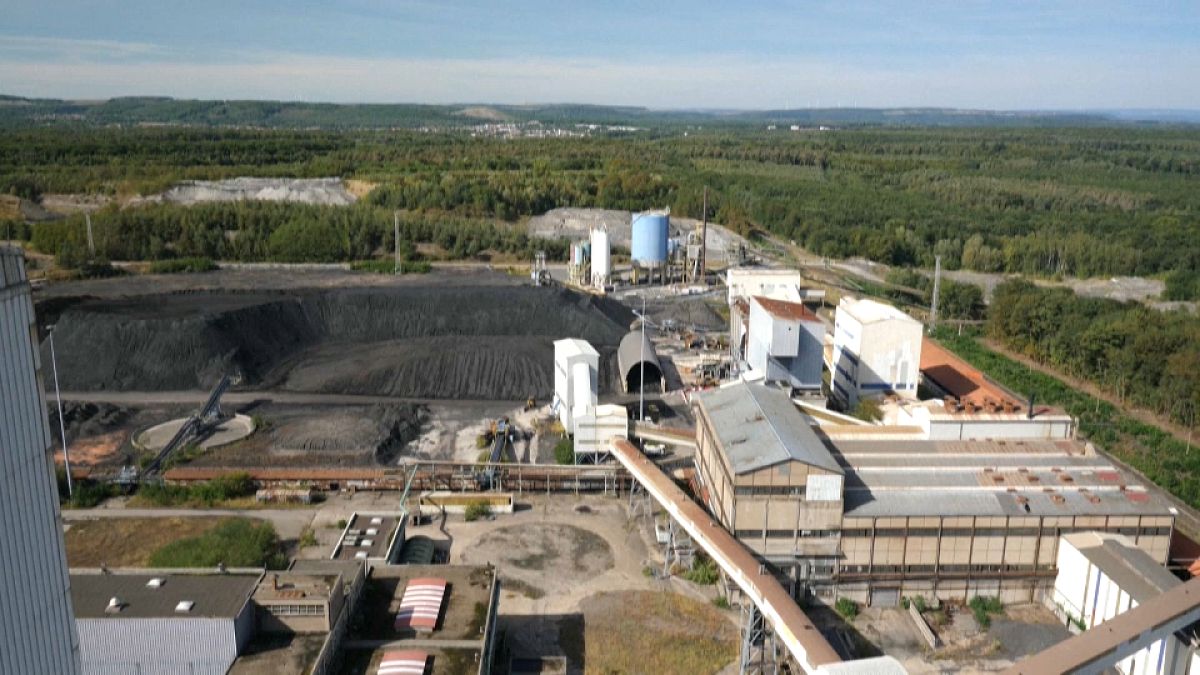The deal aims to accelerate emissions cuts, phase out free allowances to industries, and target fuel emissions from the building and road transport sectors.
European Union member states and parliamentarians have announced an agreement to reform the bloc's carbon market, the central component of its efforts to reduce emissions and invest in climate-friendly technologies.
The deal aims to accelerate emissions cuts, phase out free allowances to industries and target fuel emissions from the building and road transport sectors.
The EU Emissions Trading System (ETS) allows electricity producers and industries with high energy demands, such as steel and cement, to purchase "free allowances" to cover their carbon emissions under a "polluter pays" principle.
The quotas are intended to decrease over time to encourage these industries to emit less and invest in greener technologies as part of the EU's goal of achieving carbon neutrality.
The deal means emissions in ETS sectors must be cut by 62% by 2030 based on 2005 levels, up from a previous goal of 43%.
Affected industries must cut their emissions by that amount. The carbon market will also be extended to the maritime sector and intra-European flights. Waste incineration sites will be included from 2028, depending on a favourable report by the European Commission.
A "carbon border tax," which imposes environmental standards on imports into the bloc based on the carbon emissions linked to their production, will offset the reduction of free allowances and allow industries to compete with more polluting non-EU rivals.
The agreement also aims to make households pay for emissions linked to fuel and gas heating from 2027, but the price is expected be capped until 2030.
Funds from a second carbon market targeting building heating and road fuels will go to a "Social Climate Fund" designed to help vulnerable households and businesses cope with the energy price crisis.
Watch the video in the player above.
